4, September 2018
Biya should NOT bid for a 7th term 0
The African Union Commission should for Africa’s sake; its dignity and self-respect do everything to stop President Paul Biya of Cameroon from his intended extension of his autocratic rule in October. The idea of a seventh term for Biya, another seven-year tenure, is abominable, tyrannical and reflects the helplessness of the people of Cameroon in the face of this tyrant to whom nothing else counts than power. It is obvious he has lost all regard for his people, so he can foist on them his medieval kind of rule.
Paul Biya is 85 years old. He came to power in 1982 when his predecessor, Ahmadou Ahidjo, who had been president since Independence in 1960, eventually decided to quit owing to failing health. When Ahidjo left, he extorted from the people of Cameroon incredible, scandalous rewards which shocked the world’s diplomatic and intelligence circles at the time.
Cameroonians had thought that Ahidjo stayed too long. If President Biya awards himself a 7th term, he would have spent nearly double the tenure of Ahidjo. He would have nearly matched Libya’s Muammar Gaddafi’s 44 years. He would have been in power for 43 years, nearly one half of a century.
It is of little use enlisting the Economic Community of Central African States (ECCAS) to help dissuade President Biya from seeking a 7th term. The 11 countries seem to have a disdain for term limits. Central Africa holds the world’s largest collection of gerontocrats. Their attitude to democracy encourages men like Paul Biya. Jose Eduardo dos Santos, for instance, quit being President of Angola last year. He ruled the country for 38 years and left his two children controlling the commanding heights of the Angolan economy. His daughter, Isabel dos Santos, is the undisputed richest woman in Africa. Hundreds of Burundians had been killed and hundreds of thousands had fled the country in the last three years because of President Nkurunziza’s determination to serve a third term in office contrary to the constitution. In the Democratic Republic of the Congo, it took the Catholic Church many months of protests from the pulpit and in the streets to persuade President Joseph Kabila to reconsider his ambition to seek a third term in office.
We do not know what else actuates President Biya to seek a seventh term other than ambition. He is a man with precarious health, which necessitates his taking regular trips abroad for treatment, so frequently that he is sometimes referred to as the “absentee president.” People close to him say he suffers from prostate cancer in addition to heart ailments. It is said that in the years 2006 and 2009, he spent one third of the years abroad.
There can be no doubt that the current political upheavals in Cameroon were the result of the misrule of President Biya. The Northwest and the Southwest Anglophone provinces eventually declared the sovereign state of Ambazonia because President Biya was unable to administer those territories with fairness and justice and, worse, he failed to persuade the secessionists to see a rosy future in Cameroon as presently constituted. Indeed, one of their conditions for a peaceful negotiation of the crisis is that Mr. Biya must quit office. President Biya, apparently in defiance of the agitators, is seeking a 7th term.
The Nigerian government must review its policy toward Cameroon to take into consideration Biya’s extended stay which now constitutes part of the problem and his high-handed tactics in dealing with the agitators, which complicates the resolution of the conflict. The surrender of the leaders of the Ambazonia state, who were taking refuge in Nigeria, to the Biya government by Nigeria is a poor policy choice, which has turned tragic in its consequences. Our good neighbourly policy has always been good as a strategic position, but the crisis in Cameroon is the kind Nigeria ought to be able to mediate successfully before it degenerates.
We appeal to the international community to persuade Paul Biya not to seek a 7th term because it would inflame the delicate situation in the country and make a resolution more difficult. The teeming thousands of Cameroonians in Cross River State, in Benue and Taraba States have overwhelmed those Nigerian states already. And that is just a tip of the iceberg. If a civil war actually breaks out, and all the auguries are present, we think it is a lot cheaper to persuade President Biya to handover to a younger generation of leaders capable of dousing the flames than to risk a civil war which Biya’s 7th term would certainly provoke.
Culled from The Sunnews online
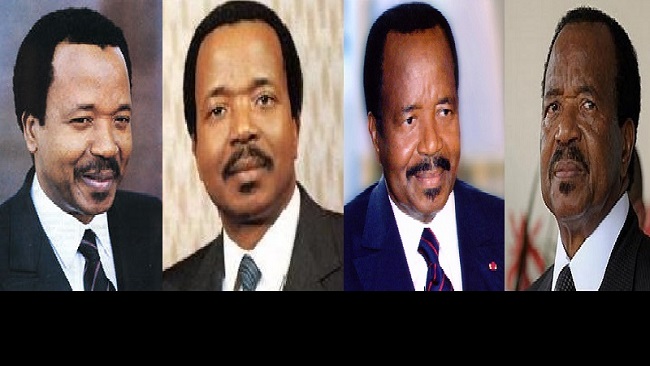
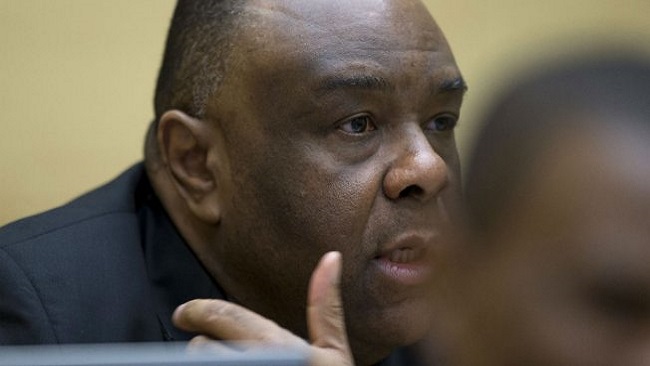
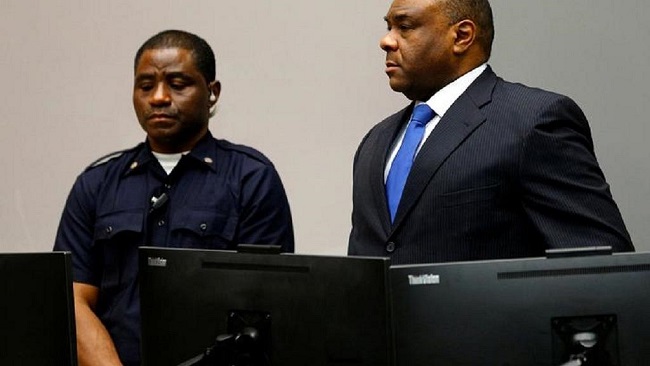
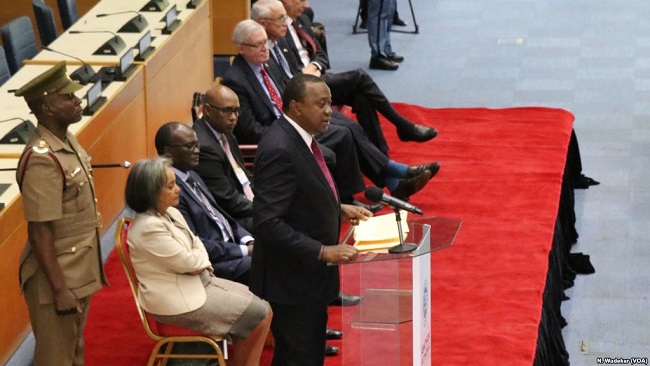
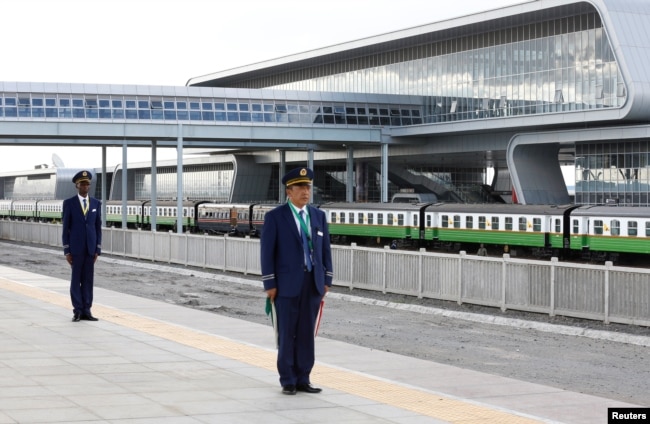
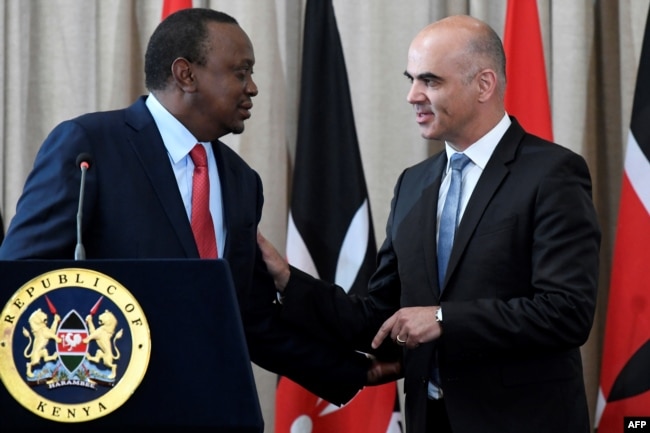
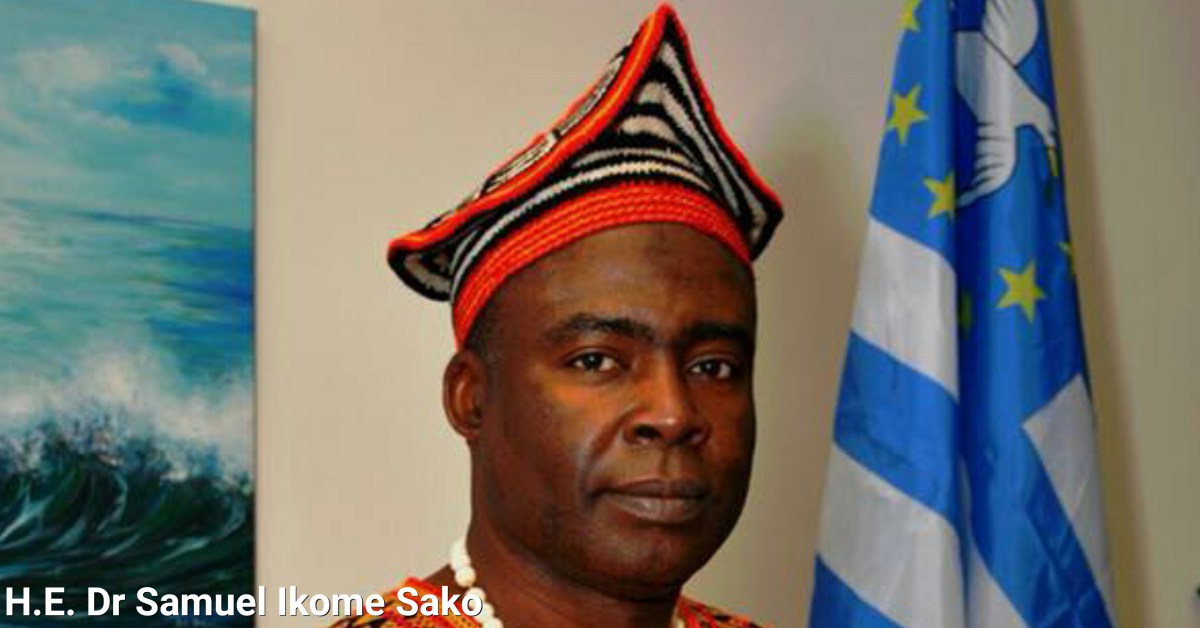

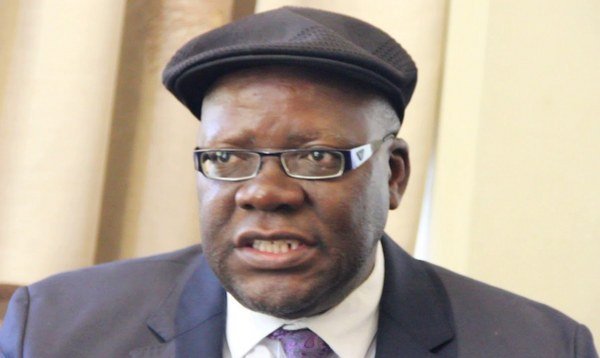

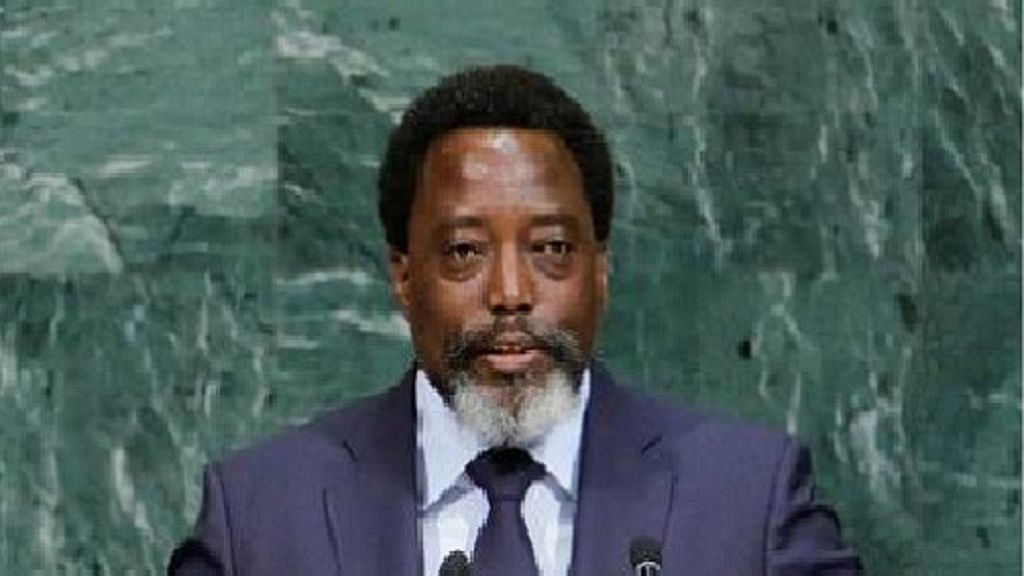
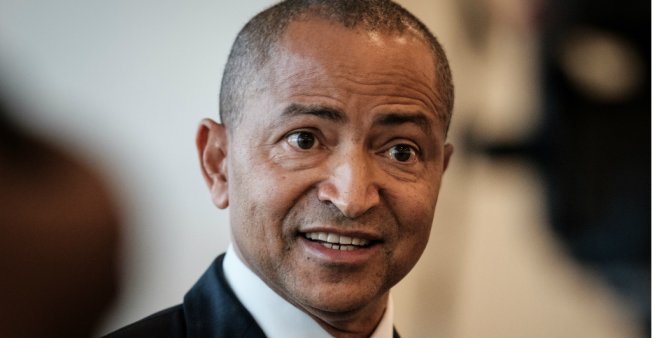


















8, September 2018
Angola’s former president steps down as party chief after 4-decade rule 0
Angola’s former President Jose Eduardo dos Santos has handed his position as the leader of the People’s Movement for the Liberation of Angola (PMLA) party to incumbent President Joao Lourenco after more than four decades of political rule.
Dos Santos handed the PMLA leading position to Lourenco in an official ceremony at the party headquarters in the Angolan capital of Luanda on Saturday.
The 76-year-old veteran politician marked the ceremony by addressing the crowd, “Today, with my head up, I leave and pass on the baton to comrade Joao Lourenco,” marking the two men’s long-lived party affiliation.
The PMLA was born fighting against the Portuguese colonial rule over the country, gaining Angolan independence in 1975. The party dominated the Angolan political scene ever since, defeating other rival anti-colonial parties over the course of a bloody and prolonged civil war that lasted for over 26 years.
President Lourenco had served as defense minister under dos Santos’ presidency.
The announcement of dos Santos stepping down as party leader was not unprecedented. The former president had declared his intent to do so many times before, ultimately declaring in 2016 that he would resign in two years.
After dos Santos’ presidential tenure ended in 2017, the PMLA chief handpicked Lourenco as president, ending speculation on his successor. Many observers had speculated that the outgoing president was seeking to appoint a puppet, one that would preserve the lucrative business and political monopoly dos Santos had built up for his family.
The incumbent president has, however, shown himself as an independent leader, depriving many of the previous president’s affiliates of their positions, hoping to stifle corruption and ensure economic stability for foreign investors.
“Lourenco is already entirely autonomous as shown by his sacking of the dos Santos children, all of the country’s sectors have been purged,” said Benjamin Auge, an analyst with the French Institute for International Relations.
The firing of the former president’s daughter Isabel dos Santos from heading the state-owned oil company Sonangol by Lourenco is among the most important instances of the new president reining in on dos Santos’ economic monopoly.
The dos Santos resignation as PMLA leader signals a smooth handover of power in the country, leaving Lourenco in full power of state institutions.
Angola, a member of the Organization of the Petroleum Exporting Countries (OPEC), is Africa’s second largest oil exporter after Nigeria. The country’s economy fell into recession in 2016 with the unemployment rate reaching 25 percent. Despite being one of Africa’s richest states per capita, Angola remains one of the world’s most unequal countries with much of its population living in poverty.
Source: Presstv